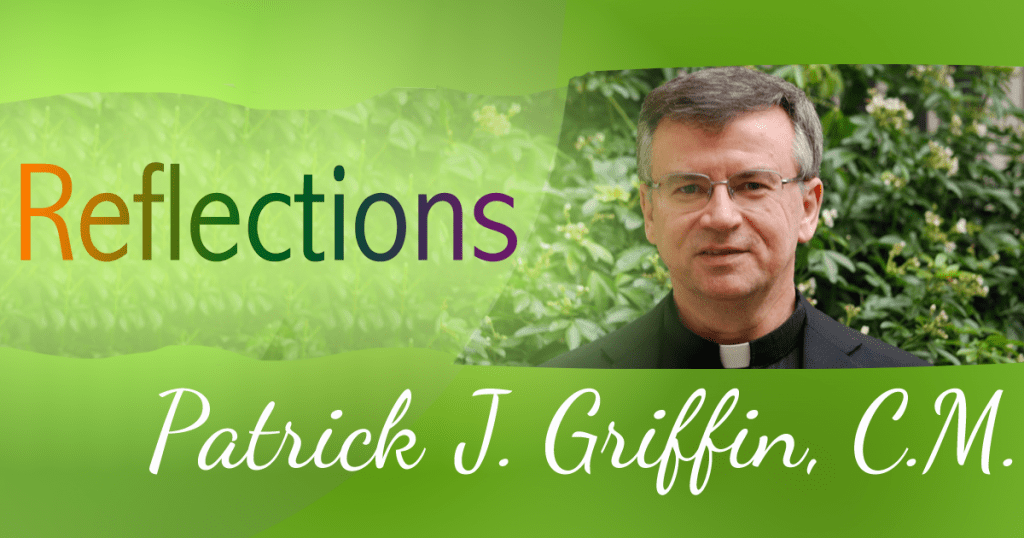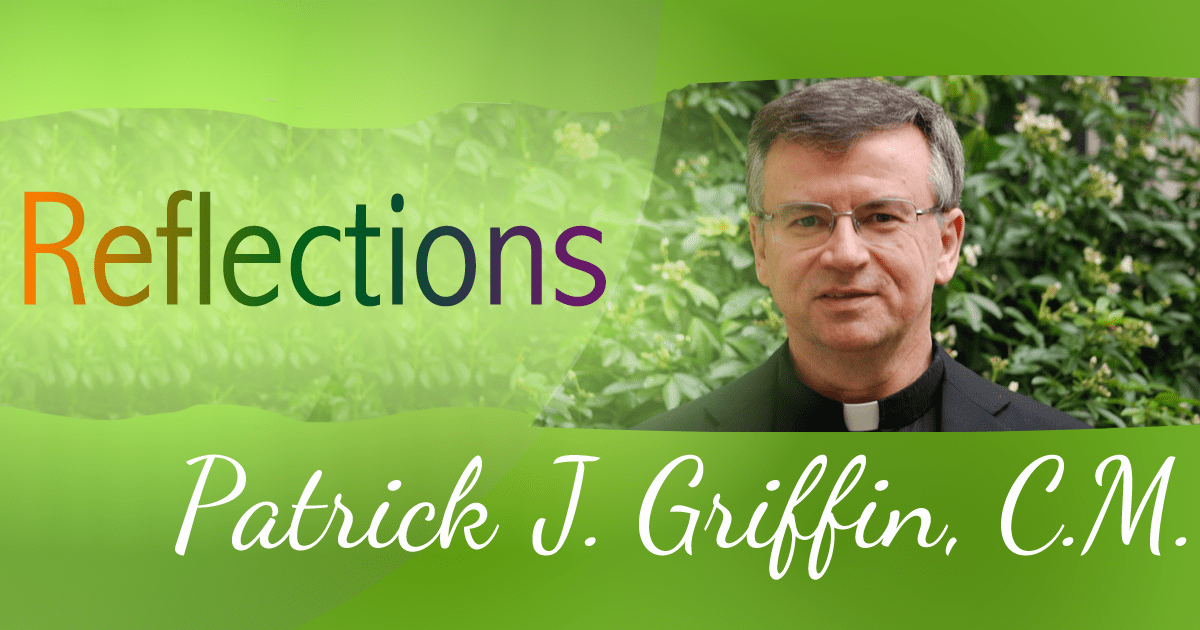A Vincentian View: The Life Within
In speaking about Joseph as the guardian of the Holy Family, we usually and correctly visualize how he provides for Mary on the arduous trip to Bethlehem for the census, how he stands at her side at the nativity, how he safeguards the family by fleeing into Egypt and returning to Galilee, and how he joins Mary in the search for the 12 year old Jesus in Jerusalem. In some decades together as a family, it requires no extraordinary imagination to catalog the multiple ways in which Joseph would provide for mother and child. I have been thinking, however, about the way in which he offers protection even before he welcomes the pregnant Mary into what will be their home.

The story is clear. When Joseph becomes aware of Mary’s pregnancy, he resolves not to expose her to the rigors of the Law but to divorce her quietly. I do not want to get into the intricacies of the Jewish Law because it invites both nuance and interpretation. We sometimes speak of stoning, but I am not convinced that is the actual punishment at this time and place. Yet, there would be consequences for Mary’s presumed infidelity.
Let me take a step back. The Catholic position with regard to the dignity of human life is clear. Human life must be respected from the moment of conception to that of natural death.
When we speak of Mary’s annunciation, we must also speak of the incarnation. With her “Yes,” Mary conceives Jesus, and God becomes human in her womb. This understanding certainly stands alongside the teaching of the sacredness of life from the first moment of existence. It identifies and defines the meaning of incarnation. When John’s Gospel states
“And the Word became flesh
and made his dwelling among us . . .” (Jn 1:14)
it refers specifically to this event contained within Mary’s “yes.”
Back to Joseph. When he chooses to treat Mary with gentleness on learning of her pregnancy, this regard does not simply address the mother but also embraces the child. In this action, Joseph for the first time expresses himself as the Guardian of Jesus and Mary. He will allow no harm to come to either of them. One can wonder if Joseph ponders this fuller thought as he comes to his solution.
Of course, we do not know all that goes on in Joseph’s mind and heart. Yet we cannot deny its consequences: in protecting Mary, he also protects the unborn Jesus. In thinking about Joseph, I have sometimes considered the way in which the Psalms would have played a part in his prayer and reflection. I wonder about the influence of Psalm 139:
You formed my inmost being;
you knit me in my mother’s womb.
I praise you, because I am wonderfully made;
wonderful are your works!
My very self you know.
My bones are not hidden from you,
When I was being made in secret,
fashioned in the depths of the earth.
Your eyes saw me unformed;
in your book all are written down;
my days were shaped, before one came to be. (vv. 13-16)
Could a man like Joseph value the gift of life that abided within Mary even before he knew how special this child was? My regard for Joseph allows me to think that way.







Excellent!
I join Tom in saying, “Excellent!” I find very striking, in its sheer beauty and simplicity, the quote from Ps 139.
And thanks for making clear, too, the Catholic position with regard to the dignity of human life, namely, that “human life must be respected from the moment of conception to that of natural death.” “Conception to death,” of course, is broad and embraces so much that it leads to a call for a “consistent life ethic.” But then again, for good or ill, “whatever is received is received in the manner of the receiver,” whether coming from the right or the left.